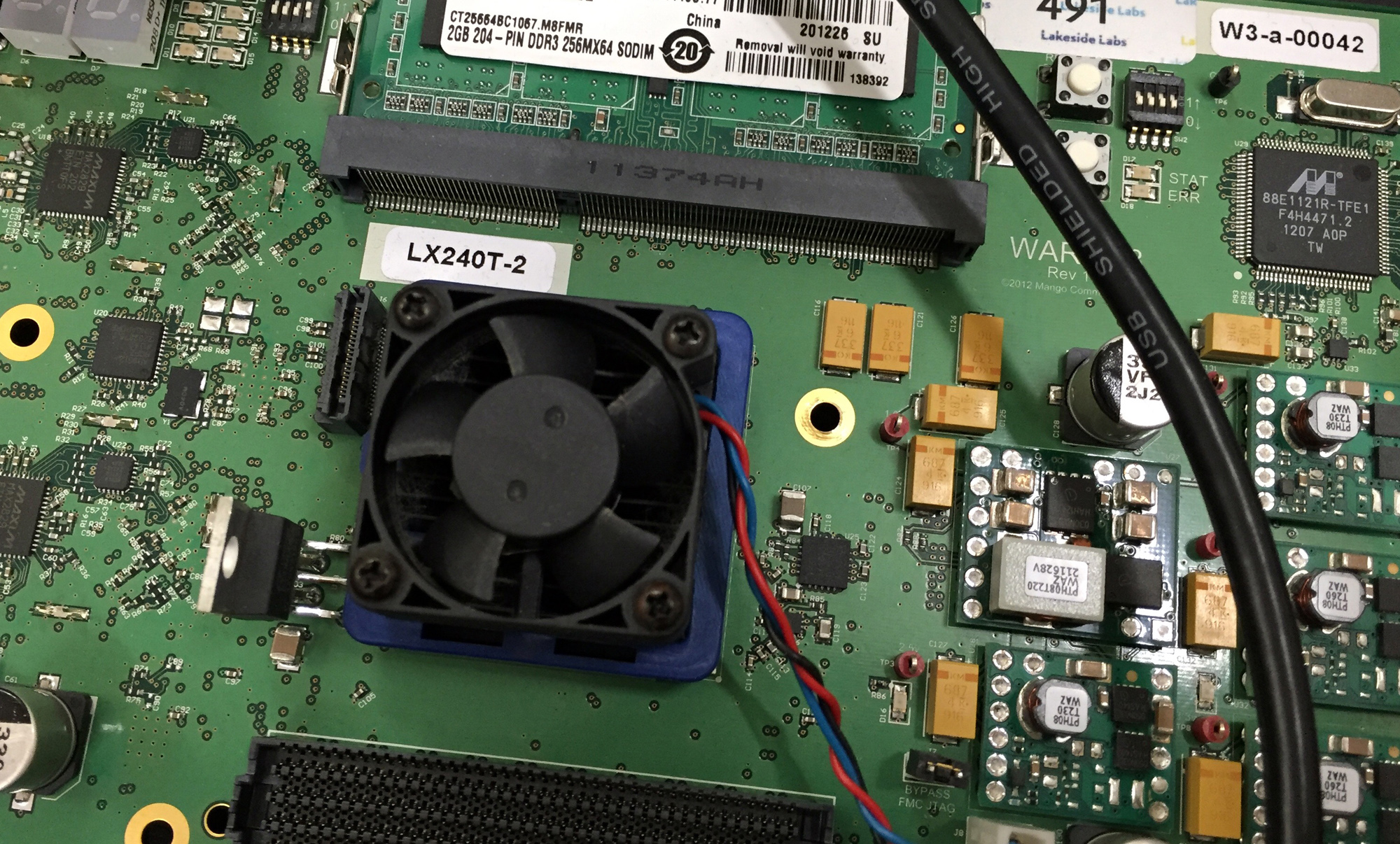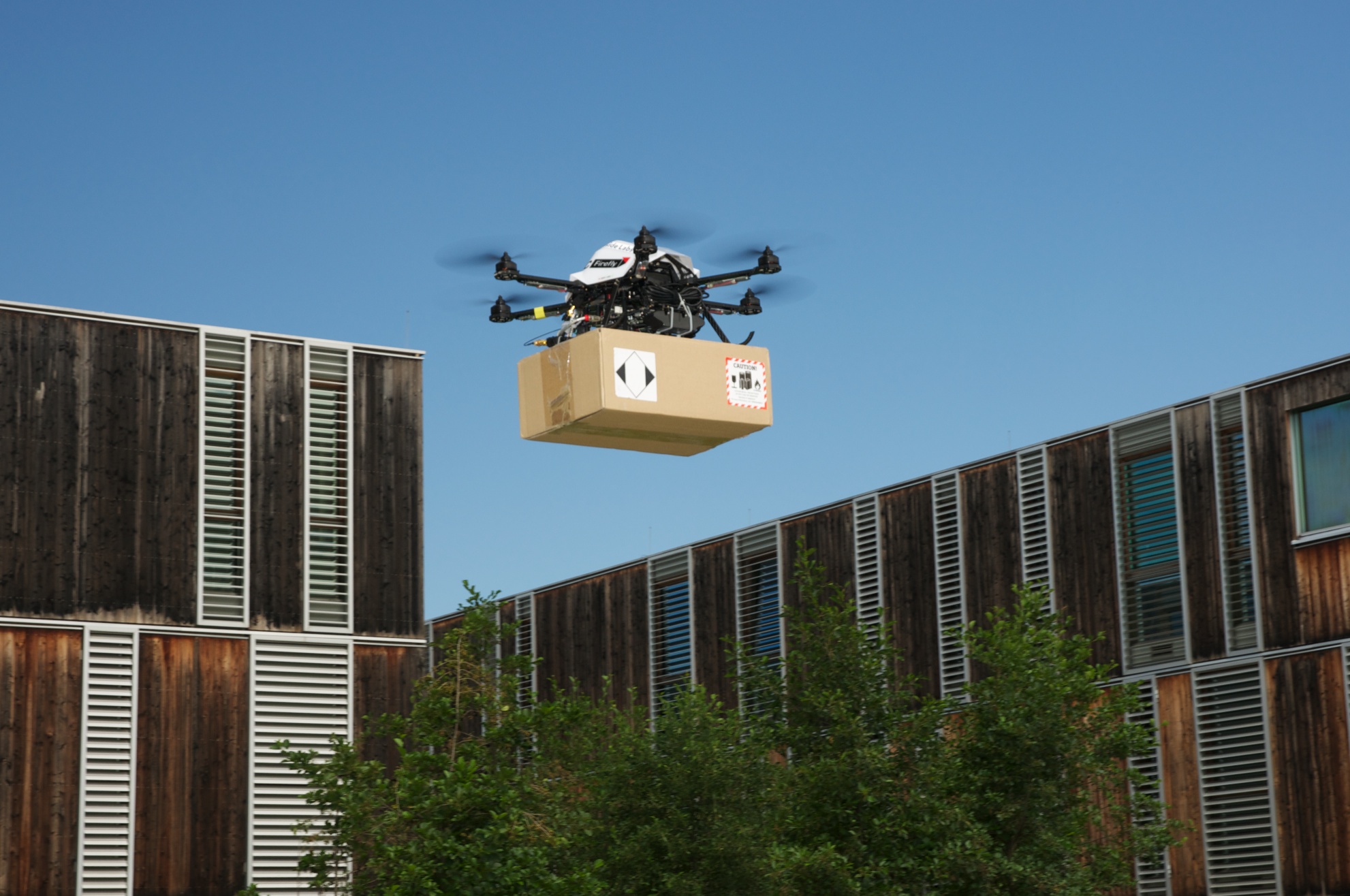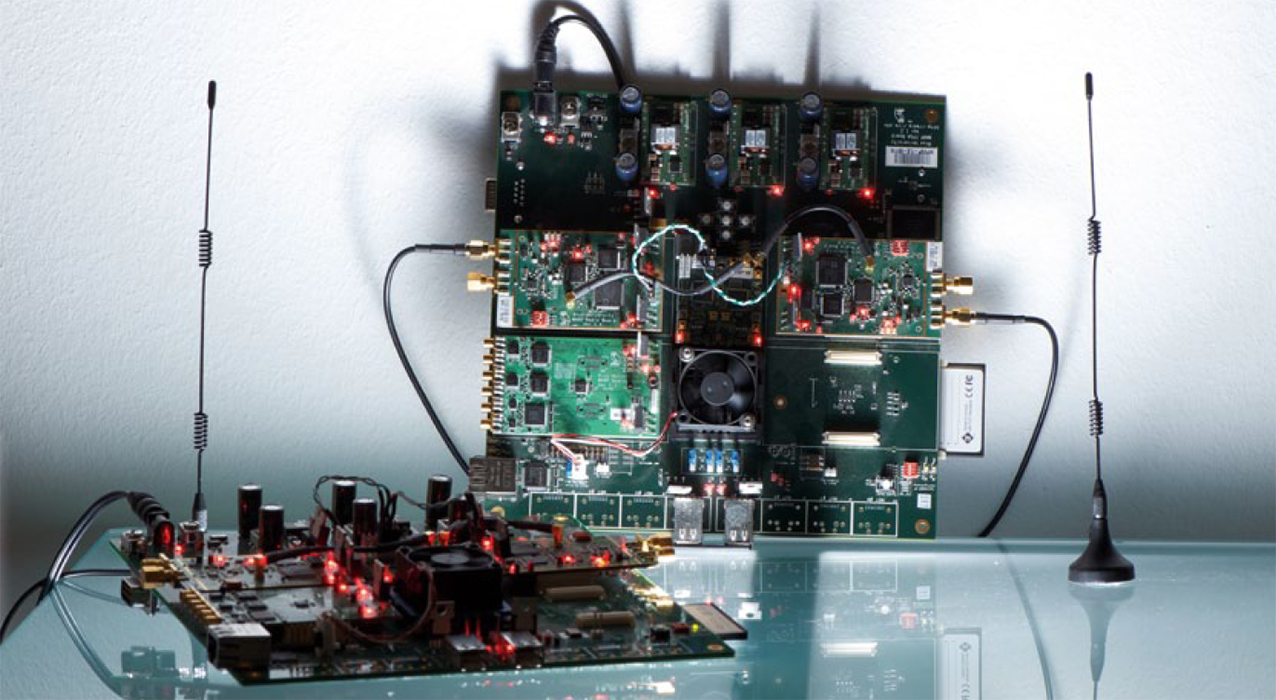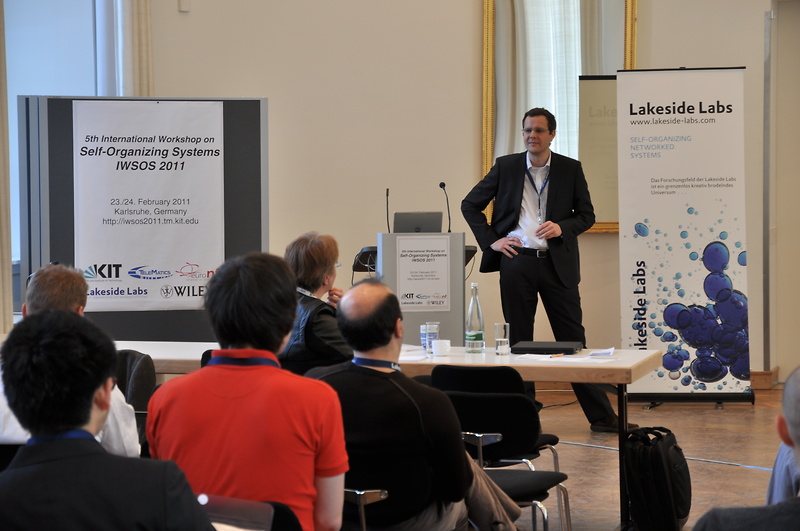Synchronization with phase rate correction
Synchronization algorithms based on the theory of pulse-coupled oscillators are evaluated on programmable radios. It is experimentally demonstrated that the stochastic nature of coupling is a key ingredient for convergence to synchrony. We propose a distributed algorithm for automatic phase rate equalization and show that synchronization precisions below one microsecond are possible.





